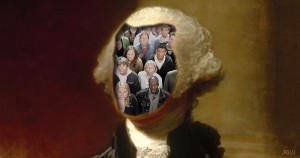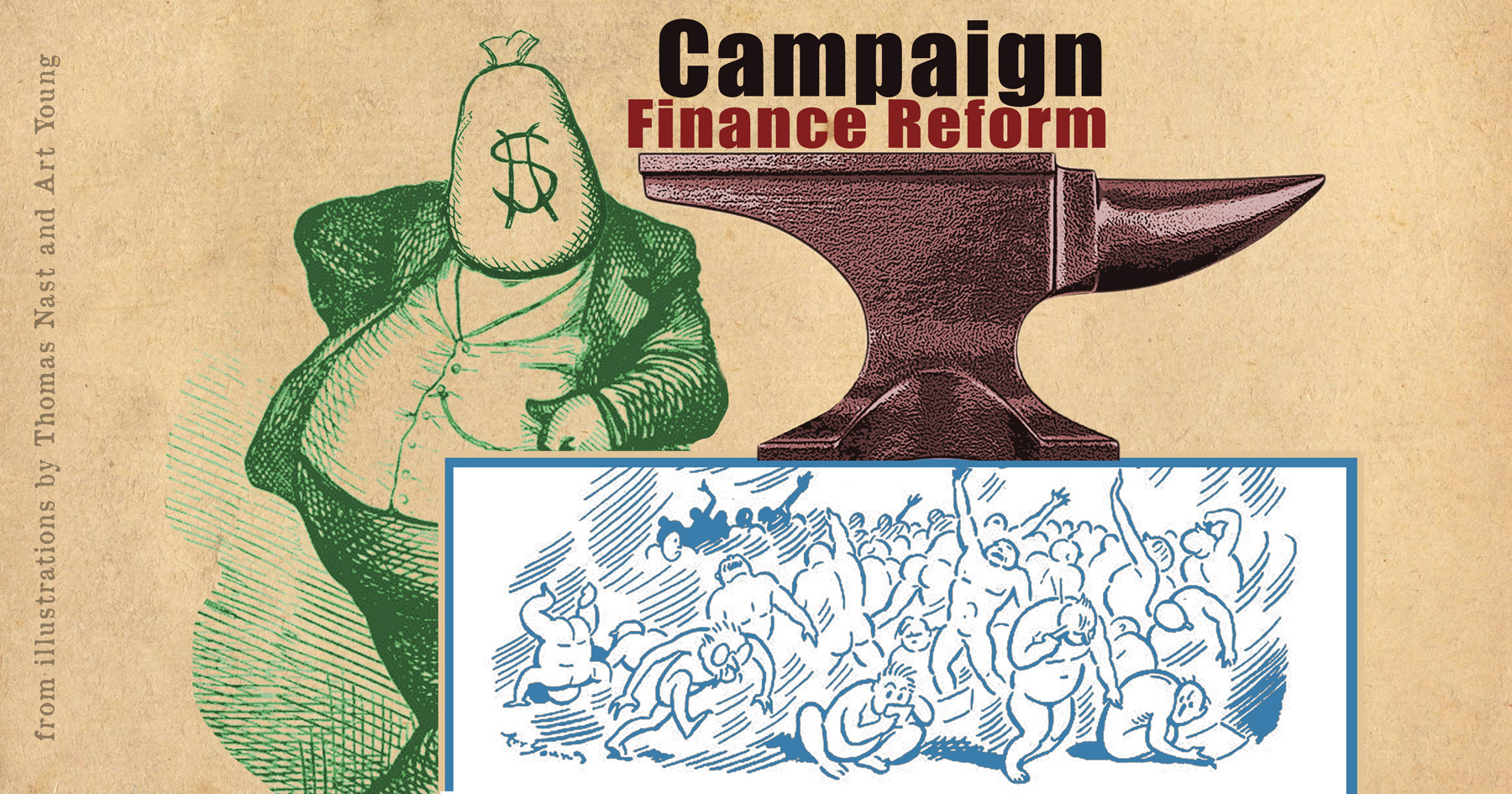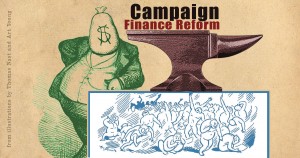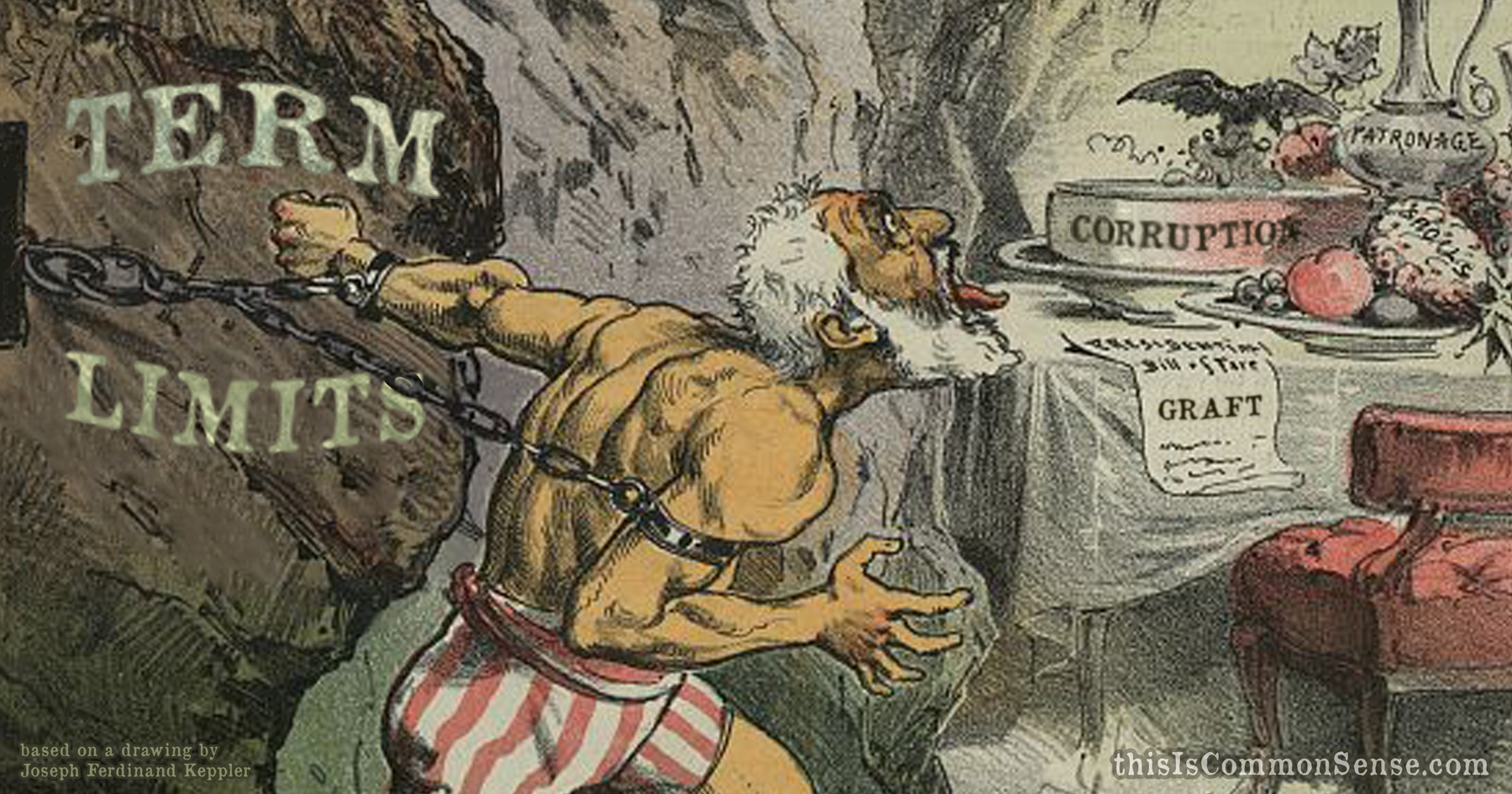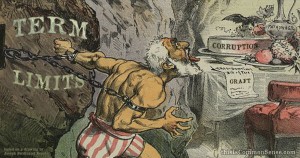The Fourth Estate is coming undone.
Obviously.
But little did I know the problem was term limits.
Respected journalist Tim Skubick complained last November how incredible is the strain created by “44 mostly unknown faces” coming into the Michigan Legislature, adding, “I have to get to know them.”
Courage, Mr. Skubick, courage.
Then yesterday, the Detroit Free Press announced “a growing number of criticisms, from across the political spectrum … on just how catastrophic it has been to leave legislative decision-making, in particular, to people with little time on the job.”
“Catastrophic” to the people of Michigan, who now support term limits in greater numbers than when limits passed 23 years ago?
No, that word might better describe the Free Press’s decades of editorializing for the corrupt status quo.
By “across the political spectrum,” the editorial board really means “insiders from across the spectrum.”
The newspaper “offers five different takes on the trouble with term limits”:
- The op-ed editor posits that legislators need greater experience … and only legislative service, not experience elsewhere, is valuable.
- Another writer argues that being a representative is no different, really, than being a barber or a florist.
- Legislators sometimes make sacrifices to serve and then are sad they cannot stay in office longer. (Boo-hoo.)
- Two academics, who have long despised term limits, suggest weakening the limits.
- A former congressman’s spouse claims elections in this world of social media are term limits. (No evidence offered, there being none.)
All five op-eds oppose term limits; none supported them. This is a liberal broadsheet’s fair and diverse discussion.
This is Common Sense. I’m Paul Jacob.





